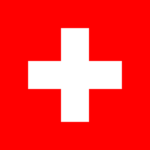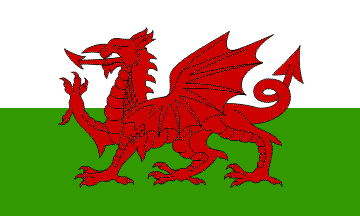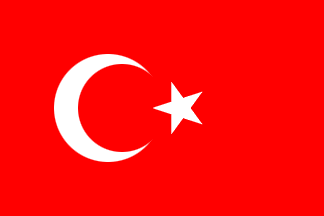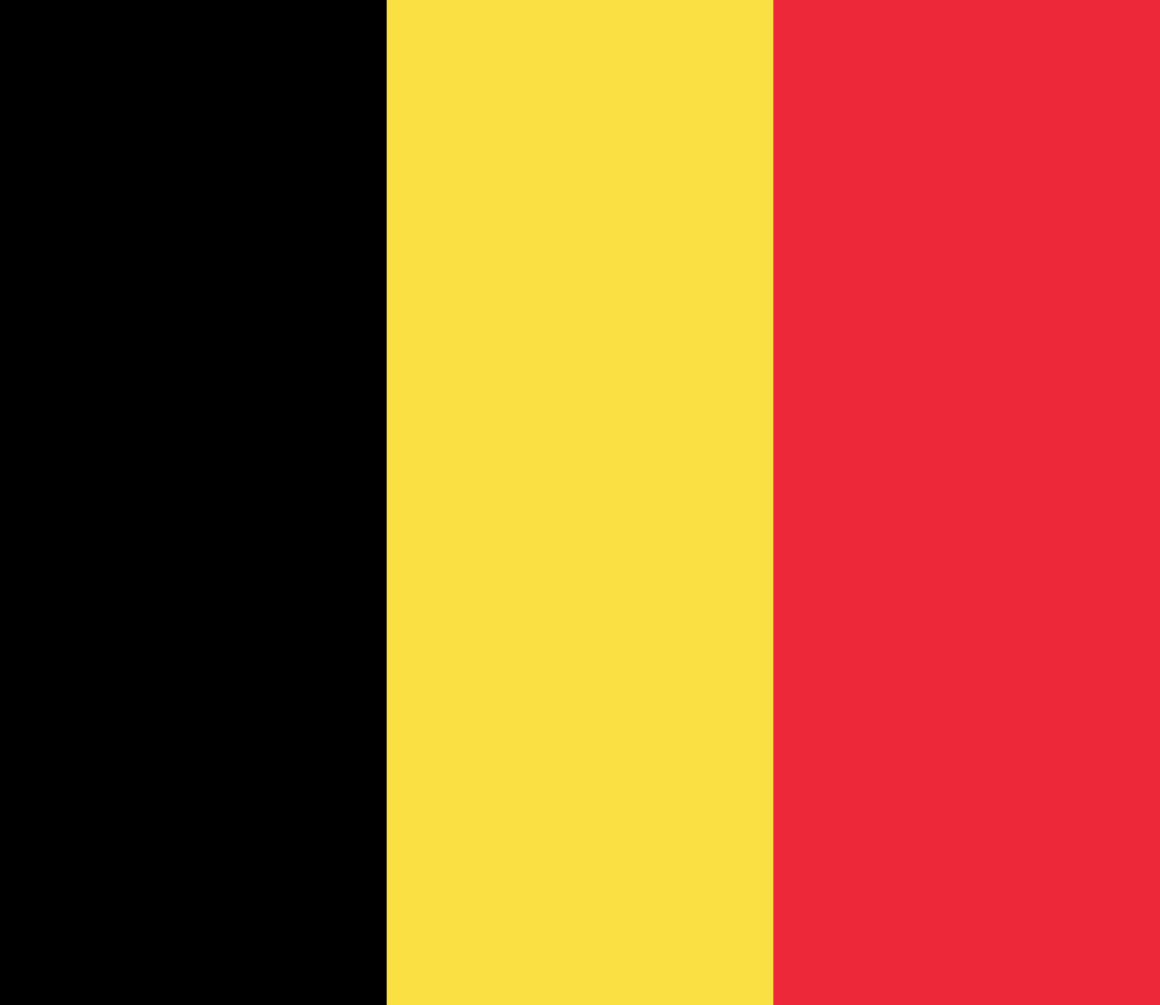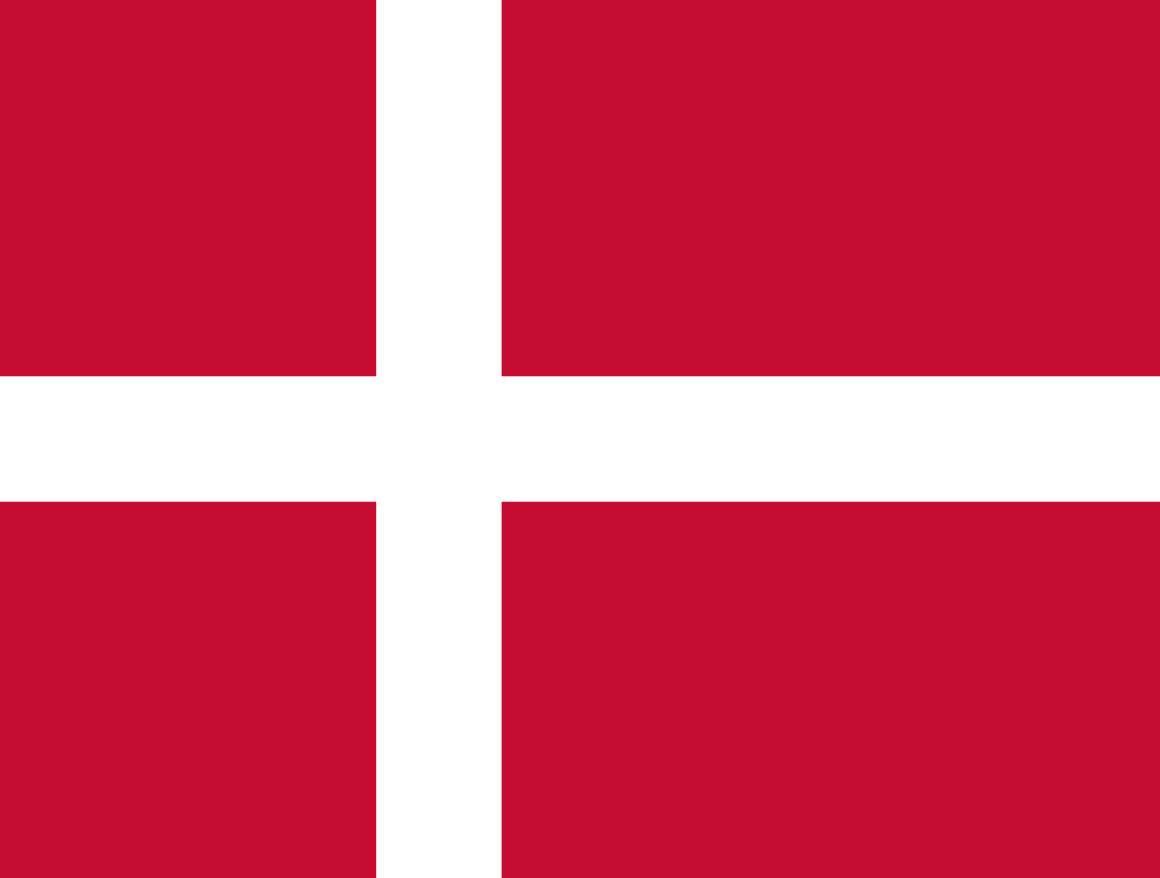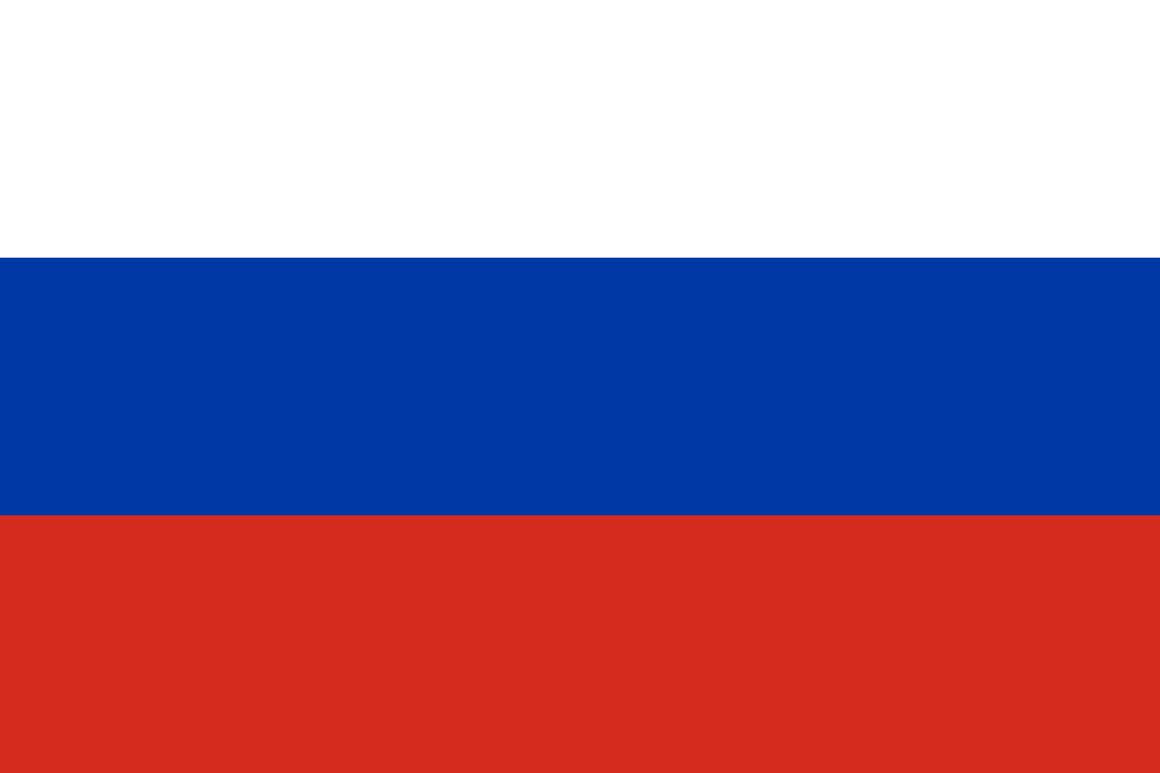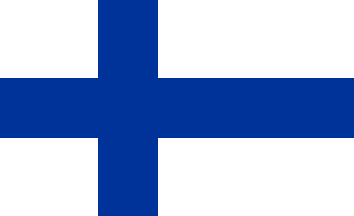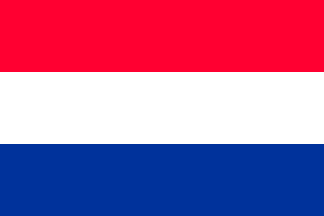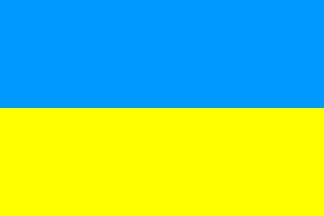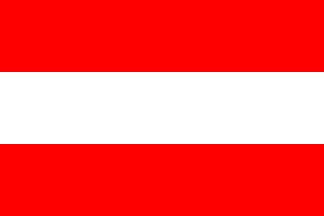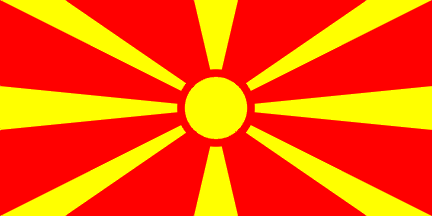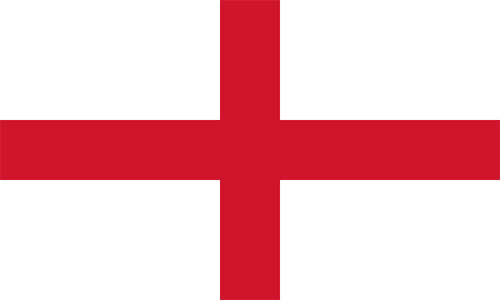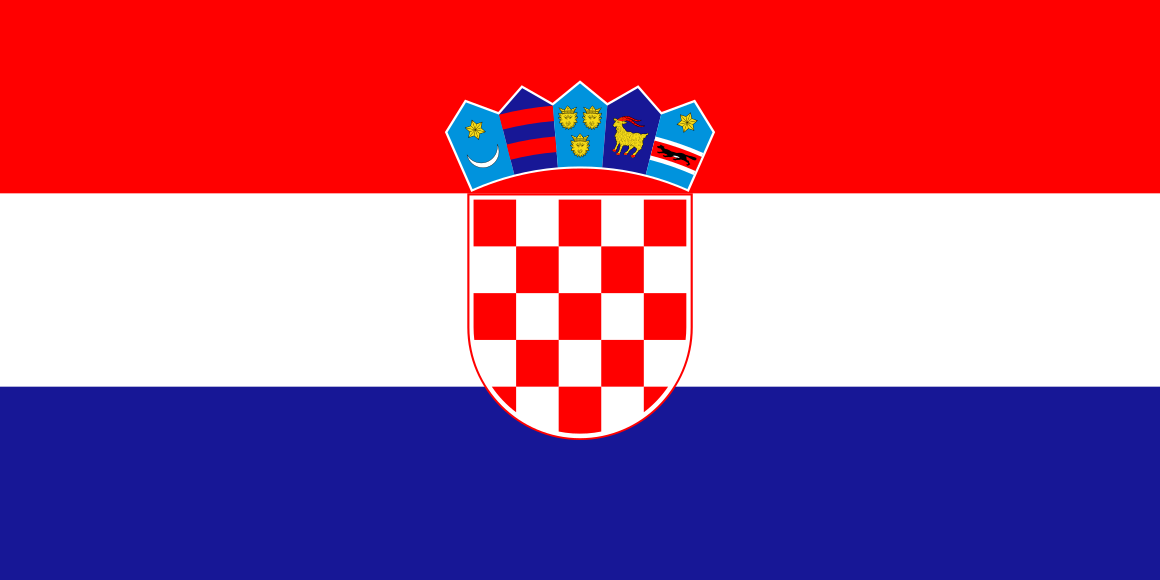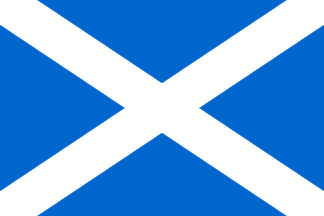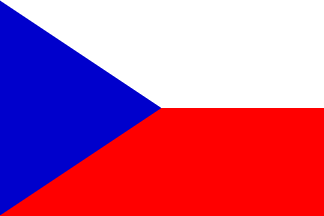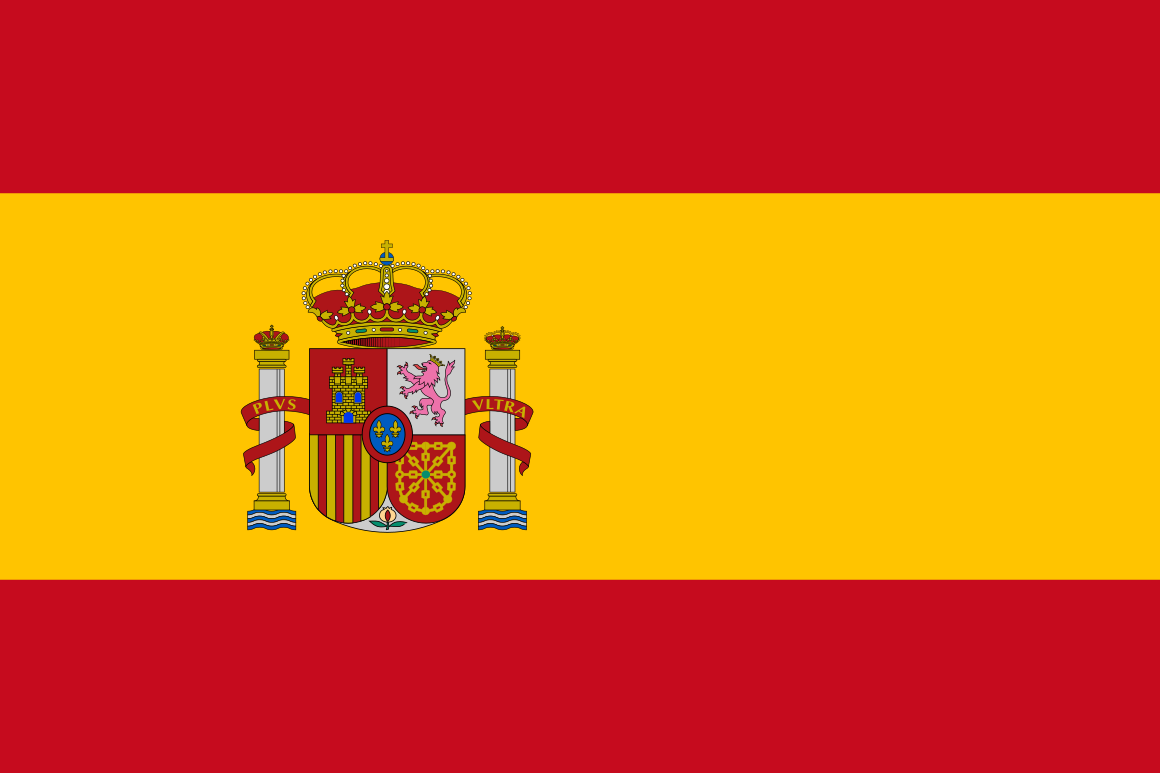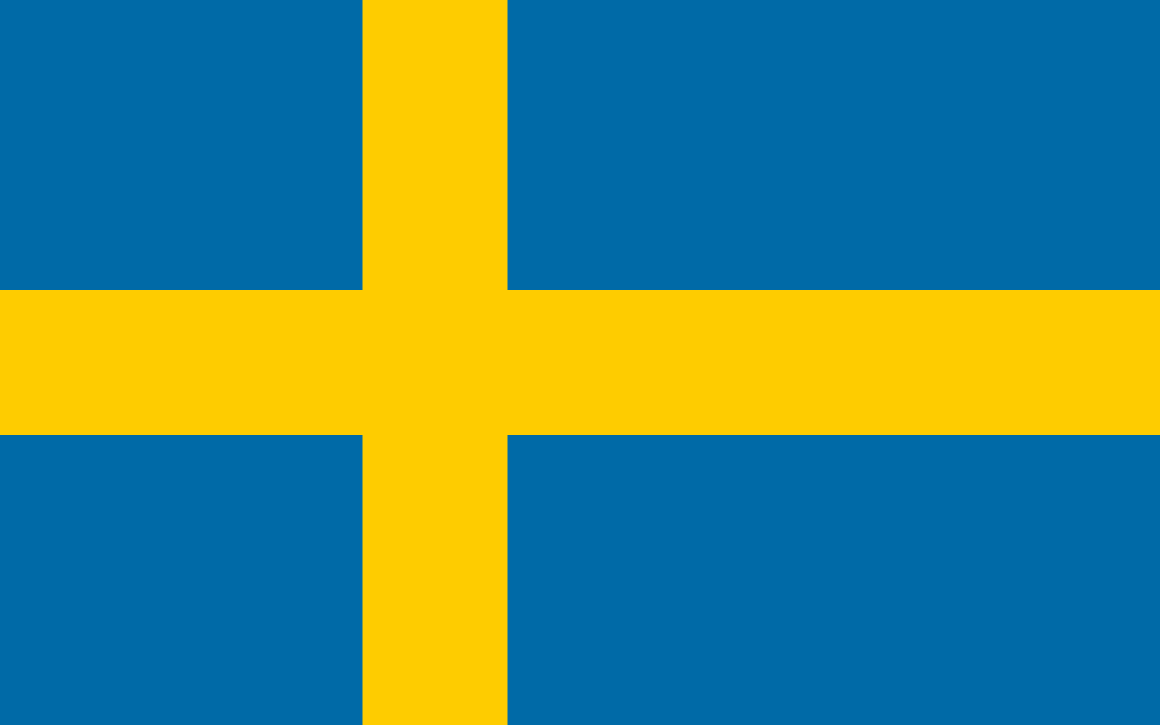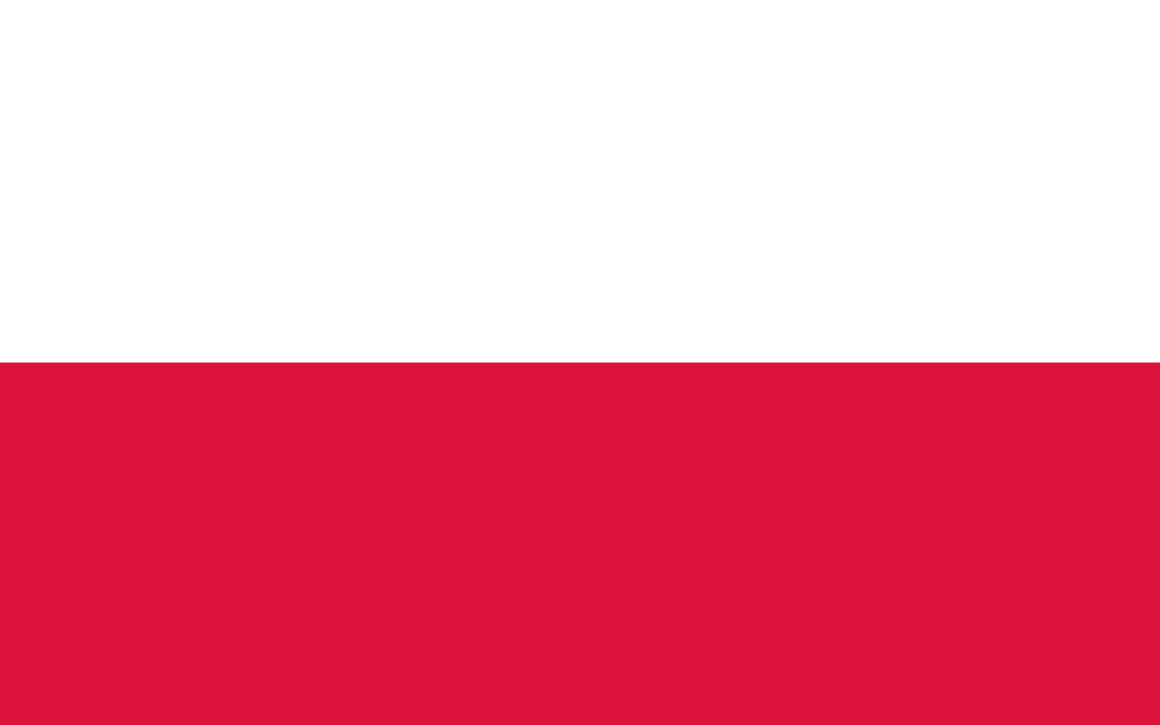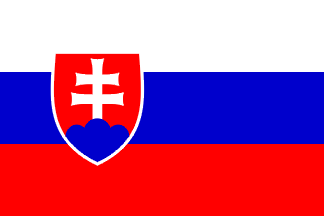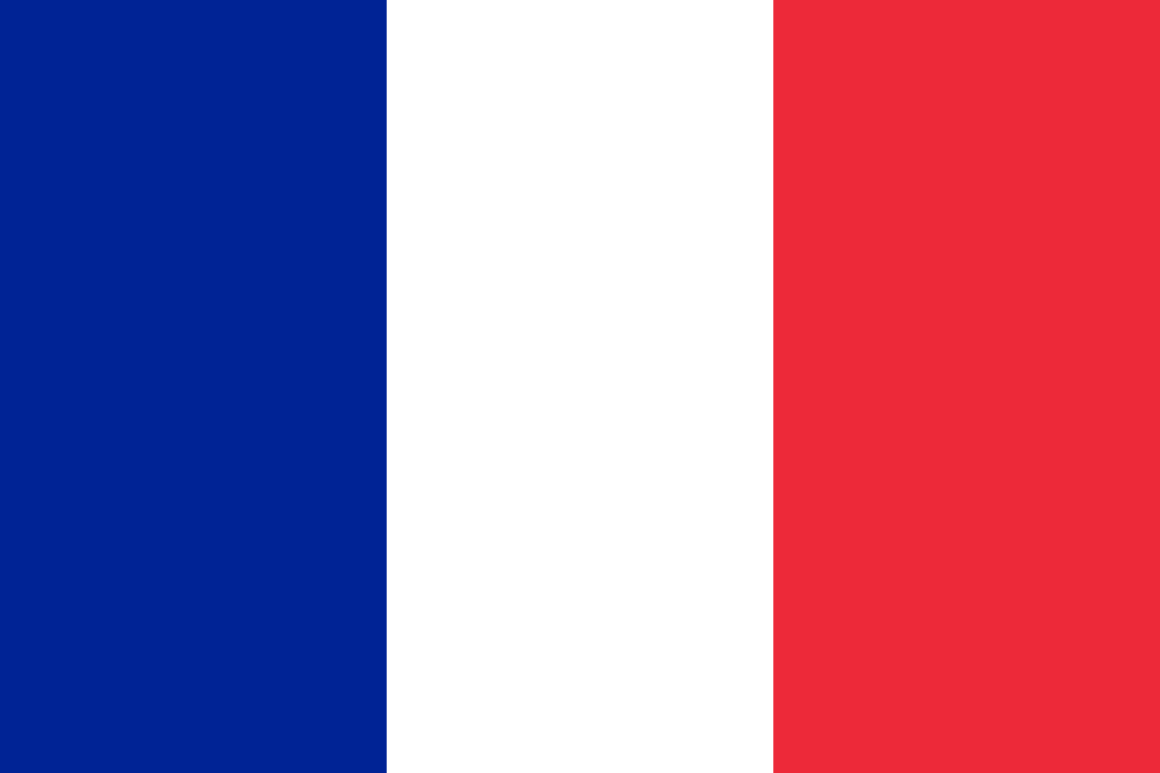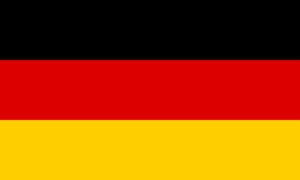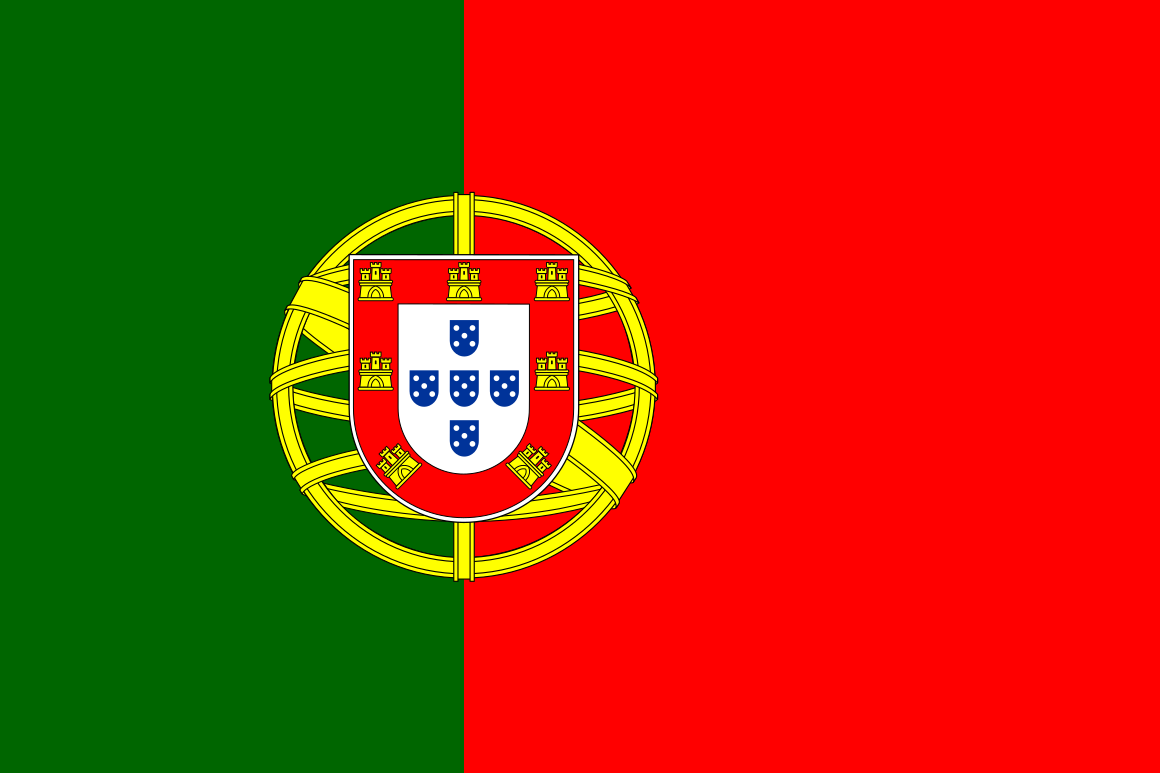The summer doldrums of the NFL season can be one of the most boring times of the sports calendar. Once the Stanley Cup Finals and NBA Finals are over, there is usually about a month-long wait until training camp starts at the end of July. That dull period will be a little shorter this year with the extended seasons in the NHL and NBA. Thankfully, this year there is another sporting competition worth watching. Last year’s European Soccer Championships (“the Euros”) were postponed due to the coronavirus pandemic. The Euro 2020 Tournament will now begin in June of 2021 and run through mid-July, carrying us up to the start of the Summer Olympics, which were also postponed due to COVID.
With the World Cup looming in 2022, this will be a major chance for national teams to showcase themselves as potential contenders for the World Cup. European teams have won the last four World Cups and the last three World Cup Champions (Spain, Germany, and France) reached the semifinals of the preceding Euros.
This year’s competition features 24 teams in total and 16 of them are ranked in the Top 25 of the FIFA World Rankings. The format for the tournament has the 24 teams broken into six groups (A-F) of four teams. The four teams play a round robin and the top two from each group (based on 3 points for a win and 1 for a draw) automatically advance to the knockout stage. Additionally, four of the six third-place teams (based on points then goal differential) will also advance to the knockout stage.
Group A
Storylines
Italy enters the tournament as a team on the rise. The Azzurri have performed well in recent Euros, finishing as runners up in 2012 and reaching the quarterfinals in 2016. However, their performance on the global stage has slipped since winning the World Cup in 2006. Italy bombed out in consecutive group stages then failed to qualify for the 2018 World Cup. Since that qualification failure, Italy has gone on an incredible run of 25 straight games without a loss (20-5-0). That run saw Italy complete a spotless qualification for this tournament along with winning their Nations League group, which puts them in the Final Four this fall. This group also favors Italy as one of the host nations, they will be able to play all of their games in Rome. Of this group, Wales progressed the farthest at Euro 2016, reaching the semifinals. That was the first major tournament for the Welsh since the 1958 World Cup. Most recently, Wales topped their Nations League group to earn promotion to League A. Switzerland has done well at reaching the knockout stage, making the Round of 16 at the 2014 World Cup, 2016 Euro, and 2018 World Cup. Turkey is the only team in the group that did not make it to the knockout stage of the last Euros. Turkey has not been a traditional powerhouse and finished last in their Nations League group, relegating them to League C. That said, they do have draws with Germany and Croatia and a win over the Netherlands within the last six months.
Players to Watch
While Italy are the likely favorites in the group, this will be their first major tournament without Gianluigi Buffon in goal since 2002. His heir, 22-year old Gianluigi Donnarumma, has been one of the hottest names on the European transfer market this summer after starting over 200 games in goal for AC Milan. Stalwarts Giorgio Chiellini and Leonardo Bonucci still anchor the back line for Italy, both with over 100 international appearances. Ciro Immobile, who help resurrect the Lazio sqaud, has been Serie A’s top scorer in 3 of the last 8 years, including a record 36 goals in 2019-20. Wales’ Gareth Bale, who played on Real Madrid’s Champions League winners in 2014, 2016, 2017, and 2018 and is now with Tottenham, has the most international goals of any player in the group with 33. Switzerland is an experienced team led by the midfield tandem of Arsenal’s Granit Xhaka and Liverpool’s Xherdan Shaqiri who both have over 90 international appearances. Turkey enter the Euros with a pair of forwards who play at Lille in Burak Tilmaz and Yusuf Yazici. Tilmaz has scored 29 international goals, the second-most all-time among Turkish players and will need to find the back of the net for the Crescent-Stars to have a chance. On the back end, Leicester City’s Caglar Soyuncu helped anchor the defense of the squad that just won England’s FA Cup.
Group B
Storylines
Belgium enters the Euros as the top-ranked team in the world. The Red Devils have seen a recent run of success with trips to the quarterfinals in the 2014 World Cup and 2016 Euros followed by a third place finish at the 2018 World Cup. They also won their League A group in the Nations League and will progress to the Final Four in the fall. Will this be the tournament where Belgium’s Golden Generation finally delivers a trophy? Belgium has some familiarity with their opposition, topping Denmark twice in the Nations League by a combined score of 6-2 and beating Russia twice in Euro qualifying by a combined score of 7-2. Denmark and Russia are both host countries and will get to play their matches in front of friendly crowds. Both Denmark and Russia reached the knockout stage of the 2018 World Cup. Russia performed well at the 2018 World Cup on their home soil, reaching the quarterfinals by topping Spain on penalties. Finland is appearing in their first major tournament in national team history. The Eagle-Owls have performed well in both Euro qualifying (finishing second in their group) and in Nations League play.
Players to Watch
Belgium is absolutely loaded but the biggest question mark is the availability of midfielder Kevin De Bruyne who suffered a broken orbital bone in Man City’s Champions League final against Chelsea. The Red Devils are one of the oldest teams at the Euros with 10 players over 30 and 5 players with over 90 caps. Thibaut Courtois of Real Madrid is one of the most experienced keepers in the tournament. Club teammate Eden Hazard will captain the squad and be asked to take on a heavy creative role if De Bruyne is out. Up front, Romelu Lukaku (Inter Milan) and Dries Mertens (Napoli) are an experienced tandem with Lukaku coming off a 24-goal season that led Inter to the Scudetto (Serie A title). Speaking of Inter Milan, Denmark’s Christian Eriksen’s move from Tottenham to Inter was transformational for their midfield this past season. Eriksen has 108 caps and 36 international goals for Denmark, the only player on their squad with more than 10 goals for the national team. The Russian squad is loaded with players from the Zenit Saint Petersburg club, which gives them increased familiarity on the international stage. This includes their two most experienced players in defender Yuri Zhirkov and forward Artem Dzyuba. Dzyuba and Denis Cheryshev (who plays for Valencia, one of just 3 Russians playing outside the country) were the heroes for the Russian squad at the 2018 World Cup that reached the quarterfinals. Finland will be a defense-heavy squad looking to score on the counter-attack in their first international tournament appearance. Look for them to rely heavily on Norwich City’s Teemu Pukki for an offensive spark. Pukki’s 30 international goals are just 2 shy of the national record.
Group C
Storylines
Netherlands enters the tournament seeking to return to their groove. The Dutch had a run of success in the early 2010s finishing second at the 2010 World Cup and third at the 2014 World Cup. However, they failed to qualify for both the 2016 Euros and 2018 World Cup. But after a run to the finals of the UEFA Nations League in 2019, the Dutch look to be primed for another big run. Ukraine appeared to be a team on the rise before COVID, winning their Euro qualification group by edging out Portugal and earning promotion to League A in the Nations League. However, since last September they are just 2-4-6 with all 4 of their 2021 games ending in 1-1 draws. Ukraine also finished last in their Nations League group and was relegated to League B. Austria, on the other hand, just earned promotion to League A after topping their group and is looking to advance past the Group Stage of a major tournament for the first time since 1982. Austria is also looking to bounce back from a disappointing performance at the 2016 Euros and have performed well with a 7-2-2 record since last September. Austria and North Macedonia have some familiarity, playing in the same Euro qualification group. For North Macedonia, this will be their first major tournament as an independent nation (the country was part of Yugoslavia through 1992). North Macedonia qualified for the Euros via the new “Nations League Track,” defeating Belarus and Georgia to earn the last qualifying spot. The Lynxes have some quality results lately, capped off by a 2-1 victory over Germany in World Cup qualifying.
Players to Watch
The Dutch have turned over nearly all of their roster from the team that went to the World Cup final in 2010 but have a number of recognizable players from high-profile clubs. Stefan de Vrij has been one of the best defenders in the world over the last decade and anchored Inter Milan’s back line this season. He will be joined in the back by Manchester City’s Nathan Ake and Juventus youngster Matthijs de Ligt. In the midfield, Frenkie de Jong of Barcelona will get a chance to play with his new club-mate Georginio Wijnaldum who is transferring from Liverpool to Barca this summer. Memphis Depay, who has been much more successful at Lyon than he was with Man U, has the most international goals of any player on this Dutch roster. Ukraine has just one player with more than 10 international goals, West Ham’s Andriy Yarmolenko who has netted 38. Ukraine does have a bright future with a number of players in their mid-20s, including Manchester City’s Oleksandr Zinchenko. Most of Austria’s top players play in the German Bundesliga, including defenseman David Alaba who spent the last 13 years at Bayern Munich but will be heading to Real Madrid next season. Midfielder Julian Baumgartlinger (who worked his way back from an ACL tear to play at the Euros) and defender Aleksandar Dragovic both play for Bayer Leverkusen. Forward Marko Arnautovic, Austria’s leading scorer, played six seasons in England for Stoke City and West Ham before going to China to play for Shanghai Port. North Macedonia is appearing in their first international tournament but got here with a group of veterans that have seen their share of competition. Goran Pandev with his 119 caps and 37 international goals leads the way. Pandev has spent nearly all of his international career in Italy, playing for Serie A clubs Lazio, Inter, Napoli and Genoa (where he has been since 2015).
Group D
Storylines
Storylines abound in Group D. England will be the headliners and the likely favorites, but don’t look past Croatia who finished as runners up to France in the 2018 World Cup. The England-Scotland game will be packed with emotions and socio-political storylines, but England and Croatia have developed a strong rivalry over the last few years. Croatia swept England in their 2008 Euro Qualifying group but England followed up by sweeping Croatia in 2010 World Cup Qualifying group. The highest-profile meeting was in the 2018 World Cup semifinals with Croatia winning in extra time. The two nations once again met in the inaugural group of the Nations League, drawing their first match and England taking the second. Both England and Croatia reached the Round of 16 at the 2016 Euros and the semifinals of the 2018 World Cup (with Croatia finishing second and England fourth). Both teams also won their qualification groups for this tournament. The primary difference is that Croatia struggled in the 2020 Nations League, and have lost 6 of their last 11 games. Scotland qualified for the tournament via the Nations League Path, defeating both Israel and Serbia on penalties. This will be the first major tournament for Scotland since the mid-1990s when they qualified for both the 1996 Euros and 1998 World Cup. Scotland and Czechia have some recent familiarity, with Scotland taking both head-to-head matchups in the 2020 Nations League group. Despite Scotland winning both head-to-heads, it was Czechia that won the Nations League group and earned promotion to League A. The Czechs have found success in the Euros, finishing as runners up in 1996, semifinalists in 2004 and reaching the quarterfinals in 2012.
Players to Watch
England’s team is loaded with recognizable names from high-profile Premier League squads. Tottenham’s Harry Kane won the Golden Boot at the 2018 World Cup and was the highest-scorer this past season in the Premier League. Experienced forwards Raheem Sterling (61 caps) of Manchester City and Marcus Rashford (41 caps) of Manchester United will join Kane up front. England is bringing a number of young midfielders to the Euros, including the Borussia Dortmund pair of 21-year old Jadon Sancho and 18-year old Jude Bellingham. Additionally, Arsenal’s 19-year old Bukayo Saka, Man City’s 21-year old Phil Foden, and Chelsea’s 22-year old Mason Mount will see time in the English midfield. Liverpool’s Jordan Henderson and Aston Villa’s Jack Grealish are the veterans of the group. The defensive group is loaded with players from Champions League winners Chelsea (Ben Chilwell and Reece James), Premier League champions Manchester City (John Stones and Kyle Walker), and Manchester United (Harry Maguire and Luke Shaw). On the back end, Everton’s Jordan Pickford solidified his spot as England’s keeper in the 2018 World Cup. Croatia’s run to the 2018 World Cup Final was the last hurrah for a number of their aging players who have since retired. The squad still has a dearth of talent, particularly in the midfield where World Cup Golden Ball and Ballon d’Or winner Luka Modric is the anchor. Modric is joined in the midfield by the Inter Milan tandem of Ivan Perisic and Marcelo Brozovic along with Chelsea’s Mateo Kovacic. Scotland is a defensive-minded squad with experience on the back end but lacks experienced goal-scorers at the international level. Only Aston Villa’s John McGinn (10 goals) has netted more than 5 international goals. Scotland will rely on a defense led by Liverpool’s Andy Robertson, Arsenal’s Kieran Tierney, and Norwich’s Grant Hanley. In the midfield, David Turnbull, Ryan Christie, Callum McGregor, and James Forrest have experience playing together with Celtic. Czechia plays a high-pressing attack but is still a relatively young squad with just two players older than 31. Their top international scorer is 25-year old Patrik Schick of Bayer Leverkusen who has 10 goals for the national team
Group E
Storylines
Spain is the only nation to win back-to-back Euro titles, which they captured at the height of their tiki-taka era (2008 and 2012), sandwiched around their 2010 World Cup title. Recently, Spain fell in the Round of 16 at the 2016 Euros and 2018 World Cup. They also topped their League A group in the 2020 Nations League and will play in the Final Four later this fall. Spain is playing strong of late, with only one loss since the end of 2018. Spain and Sweden played in the same Euro qualifying group with the Spanish winning 3-0 at home and drawing 1-1 on the road. Sweden has seen more success on the global stage than the Euros. The Swedes got out of the group stage in all 3 of their World Cup appearances in the last 20 years and reached the quarterfinals in 2018. Conversely, in that same time frame they have made it out of the group stage just once at the Euros despite qualifying for all five tournaments. They have had an up-and-down run in the Nations League, earning promotion from League B in 2019 but having a disastrous run in 2020 that relegated them back down from League A. Poland is a team that is consistently well-ranked with high expectations that just seems to fall flat in major tournaments. Their run to the quarterfinals at the 2016 Euros was the first time the Eagles made it out of the group stage in a major tournament since 1986. Slovakia narrowly missed an automatic qualification spot to this tournament, but earned their way in via the Nations League playoffs. Slovakia defeated Ireland on penalties then Northern Ireland in extra time to secure their spot. This will be Slovakia’s third major tournament in history since the nation separated from Czechoslovakia in the 1990s. They reached the Round of 16 in both the 2010 World Cup and 2016 Euros. Slovakia has not fared well lately, winning just 3 games since September 2020 and being relegated from League B in the Nations League after a last place finish.
Players to Watch
Spain has seen nearly all of their World Cup-winning stars head off into retirement and the next generation has plenty of talent for a deep run in this tournament but does not have a boatload of international experience. Only two players on the current roster have more than 50 international appearances – midfielder Sergio Busquets and defender Jordi Alba (who both play for Barcelona). Spain’s defense will need to hold the line in front of goalkeeper David de Gea who has been inconsistent lately with both Manchester United and the national team. The back line also features Premier League talents in Aymeric Laporte and Eric Garcia of Manchester City and Chelsea’s Cesar Azpilicueta. Spain will look to play through Liverpool’s Thiago Alcantara and RB Leipzig’s Dani Olmo in the midfield. This Spanish team does not have an established finisher, with only Alvaro Morata of Juventus entering the tournament with more than 10 international goals. Spain will likely turn to Gerard Moreno, who just led Villarreal to the Europa League title and netted 30 total goals this season. Sweden is another defensive-minded squad who will be without their top-scorer Zlatan Ibrahimovic who is out with an injury. The pressure will fall to midfielder Emil Forsberg of RB Leipzig and forward Alexander Isak (who put up 17 goals in 34 games with Real Sociedad in Spain this season). On the back end, Manchester United’s Victor Lindelof will anchor the defense that will try to carry Sweden to another quarterfinal appearance. Poland’s Robert Lewandowski has been the top finisher of this generation, but he has yet to translate that talent to a deep run in an international tournament. He has scored 2013 goals since 2014 at Bayern Munich and let the Bundesliga in goals in 6 of the last 7 years. Lewandowski has netted 66 international goals for Poland but just 2 of them have come at the Euros (one each in 2012 and 2016) and he was shut out at the 2018 World Cup. In addition to Lewandowski, Poland’s offensive attack features the Napoli duo of Arkadiusz Milik (who is currently on loan to Marseille) and Piotr Zielinski. Slovakia will lean on their age and experience in the midfield and defense, entering the Euros with 10 players over 30. This includes captain Marek Hamsik who was a staple at Napoli for over a decade before playing two years in China then battling through an injury-plagued season in Sweden. Newcastle’s Martin Dubravka will start in goal as Slovakia looks to get back to the knockout stage.
Group F
Storylines
If there is a “Group of Death” in this tournament, it is certainly Group F. Three of the teams have won major tournament titles in the last decade. France are the defending World Cup Champions, Portugal won the 2016 Euros and 2019 UEFA Nations League, and Germany won the 2014 World Cup and 2017 Confederations Cup. All three reached the semifinals at Euro 2016 as well. Germany was shockingly bounced from the group stage at the 2018 World Cup, the first time they did not make at least the quarterfinals since 1950. In the last 6 months, Germany has just 5 wins in 11 outings, including a 2-1 loss to North Macedonia in World Cup Qualifying. This prompted the national team to announce that long-time manager Joachim Low would be replaced after the Euros. France and Portugal have some familiarity with each other as the two teams met in the Euro 2016 finals (with Portugal prevailing on an extra time goal). Since then, the two squads were part of the same 2020 Nation’s League group and played to a 0-0 draw and a 1-0 French victory last year. Hungary won their group at the 2016 Euros (which featured Portugal) but lost in the Round of 16 to Belgium. Nevertheless, that was the first time Hungary had made it out of the Group Stage at a major tournament since 1972. Hungary is a team on the rise, earning promotion from UEFA Nations League C in 2019 then winning their League B group in 2020 to earn promotion to the top League next cycle.
Players to Watch
France enters the tournament as the reigning World Cup Champions and returns nearly their entire starting roster. Kylian Mbappe has emerged from a youth sensation to arguably the best player in the world. His combination of speed, power, and finishing touch are nearly unrivalled. He led PSG with 42 goals this past season, winning the Coupe de France and reaching the Champions League semifinals. He has been the top goal-scorer in France’s Ligue 1 for the past three seasons. Mbappe is joined on the front line by Real Madrid’s Karim Benzema and Barcelona’s Antoine Griezmann who both finished in the Top 10 in scoring in la Liga this season. Griezmann and Mbappe both scored 4 times at the 2018 World Cup after Griezmann won the Golden Boot and Player of the Tournament at Euro 2016. On top of all that talent, Chelsea’s Olivier Giroud, the second-highest international scorer in France’s history, will be on the team as well. The midfield is led by stalwart defender N’golo Kante who has routinely shut down the best opposing midfielders in the game. Kante’s resume includes two Premier League titles (Leicester City in 2016 and Chelsea in 2017), the World Cup in 2018, the Europa League title (with Chelsea in 2019) and the Champions League title (with Chelsea in 2021). Adding to the talent, France’s back line features Raphael Varane who has won four Champions League titles with Real Madrid along with the most recent World Cup. In goal, Tottenham’s Hugo Lloris is coming off a season where he posted 12 clean sheets. Germany once again fields a roster with well-known names but the Germans have been less than the sum of their parts in recent competitions. Midfielder Toni Kroos (of Real Madrid) and forward Thomas Muller (of Bayern Munich) both have over 100 international appearances and goalkeeper Manuel Neuer (also of Bayern Munich) will surpass that number during this tournament. Outside of Muller, Germany’s front line has undergone a youth movement with the Bayern Munich tandem of Serge Gnabry and Leroy Sane along with the Chelsea duo of Kai Havertz and Timo Werner. The biggest question for Germany will be if their back line can get their act together, but veterans Mats Hummels (Borussia Dortmund) and Antonio Rudiger (Chelsea) should help. It seems odd we’ve made it this far into the discussion of the group without mentioning Portugal’s Cristiano Ronaldo, who led the team to the 2016 Euro title, has been a part of five Champions League winning squads and has won the Ballon d’Or five times. Ronaldo’s 103 international goals are second all-time in international play. This Portugal team is loaded with experience and has a number of players in top form. Rui Patricio kept 10 clean sheets at Wolverhampton this past season. Midfielder Bruno Fernandes had a stellar year at Manchester United, finishing in the Top 3 in the Premier League in goals (18) and assists (12). Andre Silva netted 29 goals for Eintracht Frankfurt in the Bundesliga who narrowly missed qualifying for the Champions League. On the back end, Pepe remains the anchor of the defense and at 38 years old will be the oldest player in the tournament. Hungary is a great story but may be overwhelmed in this group, as they have just one player with over 50 caps – captain Adam Szalai who has appeared 70 times and scored 23 goals for his country. Szalai is the only player on Hungary’s team with more than 10 international goals, and while the team looks to play aggressive they don’t have a lot of talented finishers and will likely need to lock down on defense if they are going to hope to advance out of the Group of Death. They will need big contributions from RB Leipzig’s Willi Orban on the back line and club-mate Peter Gulacsi in goal.
Predictions
One of the difficulties with predicting this tournament is with the predetermined structure of the knockout stage. The winners of Groups A, B and F are all on the top half of the bracket. Potentially, this could mean a Quarterfinal between Italy and Belgium with the winner having to face France in the semifinals. All three of those teams are seen as contenders to win the title, but could all be on the top half of the bracket if they all win their respective groups. The Group D winner gets the reward of a first round matchup against the Group of Death (Group F) runner-up. If England wins Group D, that means a Round of 16 game against France, Germany, or Portugal. The winner of that game would likely face the Group E winner (potentially Spain) in the quarterfinals. All in all, there are going to be massive matchups early in the knockout stage between teams that are all capable of making deep runs in the tournament.



